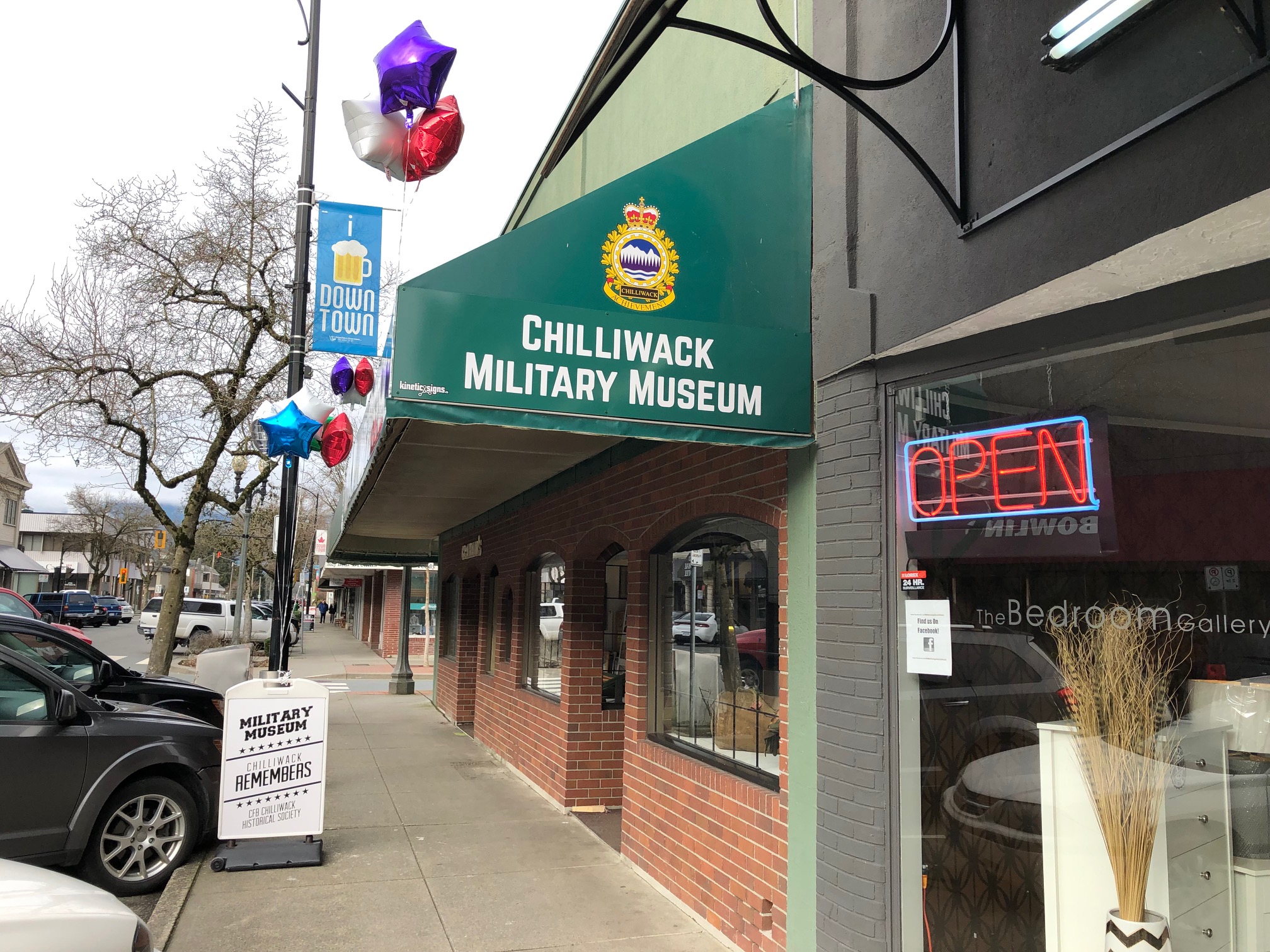Fraser Valley – When Canada banned more than 1,500 models of assault-style firearms in 2020, gun owners across the country felt blindsided. In his new book, Dr. Noah Schwartz, a University of the Fraser Valley political science professor, listens to their stories.
The issues at the core of Schwartz’s book follow the Nova Scotia massacre, in which a lone gunman went on a rampage through several rural communities, killing 22 and prompting the federal government to make significant changes to Canada’s gun laws. Most notably, a ban of more than 1,500 models of military-grade assault-style firearms was introduced.
“The gun community was very upset about this and they were looking to talk to someone, and I was able to do 100 virtual interviews with people across the country,” Schwartz says. “I wanted to better understand how gun advocacy is similar and different from what exists in the United States, and why gun owners reacted so strongly to these policies.”
Schwartz says most people he spoke to supported Canada’s gun laws before they changed, recognizing a need for licensing and safe-storage laws.
“But after the changes, a lot of them felt angry because they followed all the laws and bought their firearms legally, and from their perspective the government changed the rules halfway through the game,” Schwartz says. “The title of this book starts with Targeted, and there’s definitely people feeling unfairly targeted for things that aren’t their fault.”
Three years ago, Schwartz published On Target: Gun Culture, Storytelling, and the NRA. The National Rifle Association (NRA) advocates for gun ownership through the second amendment in the United States Constitution — the right to keep and bear arms. Driven by the NRA, gun rights in the U.S. revolve around freedom and liberty.
“It really is about this perception that you’re in danger, you’re responsible for your safety because the government isn’t going to protect you, and you need to be armed,” Schwartz explains.
In Canada, guns are more seen as tools that are tied to doing something. Gun owners talk about hunting or shooting sports, and Indigenous peoples view it through the lens of treaty rights. But it’s easy, Schwartz says, to put Canadians in the same bucket as Americans if you follow the gun control conversation on social media, where extreme voices rise to the top.
“When you talk to real people, you realize most of them are pretty reasonable, and what surprised me most is how supportive Canadian gun owners are of things they see connected to public safety,” Schwartz notes. “They intuitively understand that going through the licensing process is a good thing because it filters out people who probably shouldn’t have a gun. They feel safer when they go to the shooting range or hunting, knowing the other people who are out there with them have gone through the same training.”
Schwartz says there was trepidation in the early days of this project as he started reaching out to people to discuss a very personal and contentious topic, and there were heated conversations. He heard a lot of stress, anger, and loss.
“One man I talked to broke down crying because the gun he got from an uncle who passed away had been prohibited by the government, and he felt like he’d lost a significant family heirloom,” Schwartz says. “At the same time, there was excitement and fun talking to people about their hobbies and passions.
“I definitely felt a range of emotions listening to these stories.”
Schwartz was worried about what the reaction to his first book would be. He laid out the nuts and bolts of why and how the NRA influences American gun policy without taking strong policy positions, saying Americans don’t like to be told what to do by non-Americans. The feedback was largely positive.
Schwartz says he’s more assertive with his second book.
“I live and work in Canada; I’ve written op-eds on this topic, and I felt more comfortable taking more risks,” he says. “Doing research in this area, I can speak to it with a lot of authority and so far I’ve heard positives. But it’s early days and I am interested to see what the reaction will be. I hope people read it and come to their opinion.”
As the national conversation on gun control continues, he hopes his work helps Canadians see the people behind the policies.
UFV Politalk is hosting a launch for the book on October 29, at 4 pm in room A225 on the Abbotsford campus.








